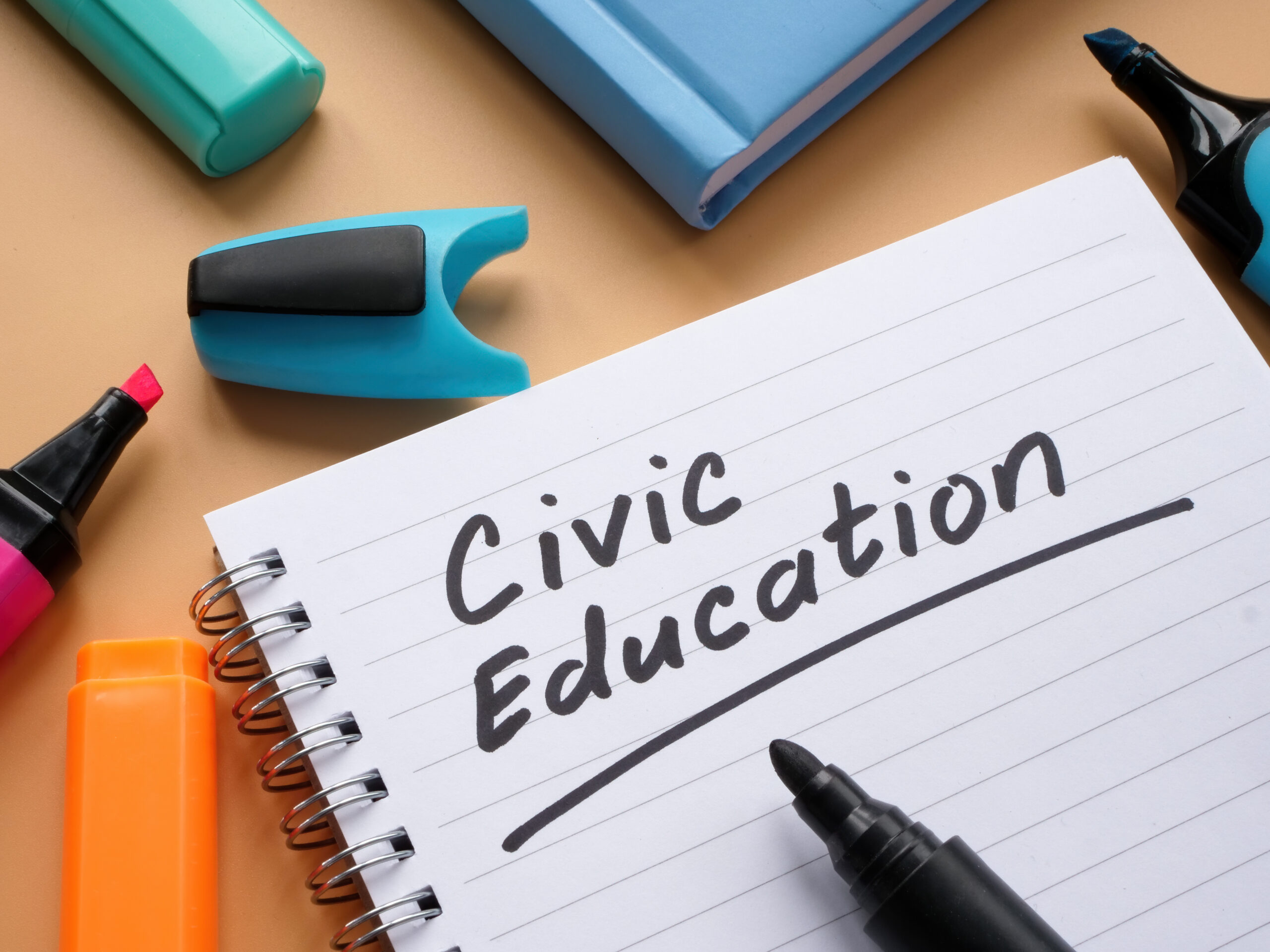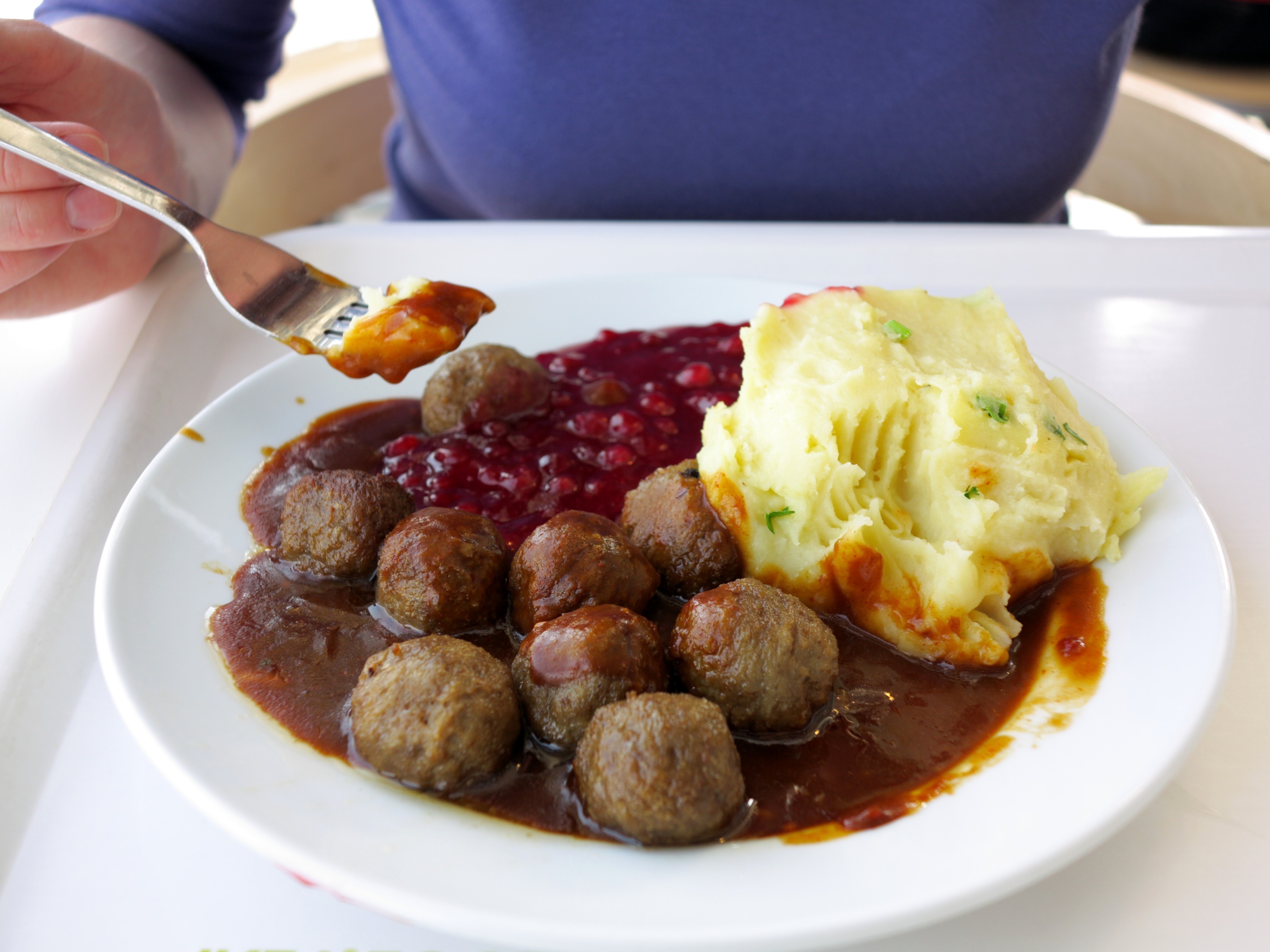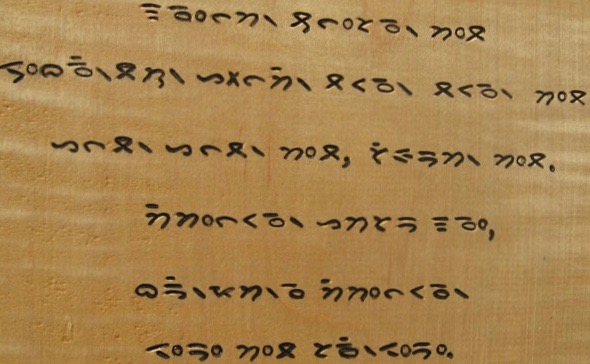 For our research project, we are researching how civic education is set up in Scandinavian countries. This includes Sweden, Norway, and Denmark. Civics is the study and understanding of governments, from their processes to their building blocks. It is also the study of how citizens should engage with their government to ensure they are being heard and respected.
For our research project, we are researching how civic education is set up in Scandinavian countries. This includes Sweden, Norway, and Denmark. Civics is the study and understanding of governments, from their processes to their building blocks. It is also the study of how citizens should engage with their government to ensure they are being heard and respected.
This topic is close to make heart because for much of my senior year of high school, I did a senior thesis researching civic education in Oregon. I took a look at specific requirements that the state had to teach in schools, I looked at the curriculum of these standards and I spoke to many teachers and officials in the Oregon Department of Education to understand why civic education was not on the forefront of graduation standards. As a country that prides itself on democratic processes and free public education, one would think it’s important for schools to teach civics and how one should be engaged with our government. I found that there is only one requirement, in high school, for civics and it’s 0.5 a credit. This is not sufficient if you are trying to teach students and individuals to think critically and have the knowledge they need to succeed in this democracy. If civics were more widely taught then you might find that individuals actually have a voice and are empowered to fight for change in their communities and within society. Voting rights are a huge issue currently in the US, and even though there are systemic reasons why many are discriminated against and kept from voting, there is also a large portion of individuals, especially young adults, who do not wish to vote because they truly believe that their vote doesn’t matter. If they were to be taught civic education, I am sure they would have a different outlook on their privilege to vote. Voting is vital to a democracy, and if people have the option to vote, and don’t, then you’ll start to lose the reality of a democracy altogether. To put it simply, civic education empowers students and young adults to be active members of their community and shows them that they have the option to create the changes they want to see.
For this research project, I, along with Sierra Hawes and Meredith Triplett have decided to focus our attention on Scandinavia. As one of the seemly unproblematic regions of the world, we wanted to see how citizens are empowered to take charge in their democracies. We started by analyzing the forms of government of each country and then looking into how the systems of education are set up in each country. This counts as our preliminary research. We will then look further into the International Civic and Citizenship Education Study and the curriculum in each country to see the impacts of this education on students in this region. Finally, we continue to look further into how that education has impacted current adults and the communities and local governments of these countries, as well as the happiness index of these countries. This research will help us look to successful models of civic education in another part of the world to understand how other countries could possibly increase the civic awareness of their citizens.
 Food consumption and security is a huge issue across the globe. Many countries have too much food, and many have too little. In all there are 1 billion people who are malnourished and underfed, and 1 billion who are overfed, as I have learned in my Intro to Global Issues class. There are multiple reasons for this, like access to trade, and access to calories versus nutrients. I personally have been incredibly lucky to have warm meals every day for the extent of my life, I have never experienced hunger or the sense of being malnourished. I have the privilege of options, I can choose what types of food I get to consume, and when to consume them.
Food consumption and security is a huge issue across the globe. Many countries have too much food, and many have too little. In all there are 1 billion people who are malnourished and underfed, and 1 billion who are overfed, as I have learned in my Intro to Global Issues class. There are multiple reasons for this, like access to trade, and access to calories versus nutrients. I personally have been incredibly lucky to have warm meals every day for the extent of my life, I have never experienced hunger or the sense of being malnourished. I have the privilege of options, I can choose what types of food I get to consume, and when to consume them.  New Zealand is an island country located in Oceania off of Southeast Asia. The nation is comprised of two islands, the North and South Islands, and a couple of small islands. New Zealand is a common destination due to its wonderful nature and active biodiversity.
New Zealand is an island country located in Oceania off of Southeast Asia. The nation is comprised of two islands, the North and South Islands, and a couple of small islands. New Zealand is a common destination due to its wonderful nature and active biodiversity. 


